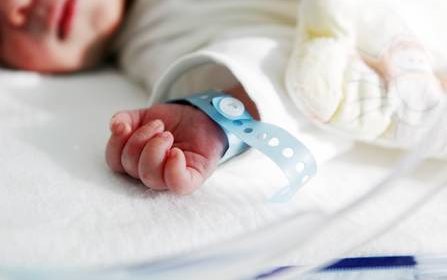C-section babies 'are one-third more likely to develop autism' but cause still unknown

Babies born by caesarean are a third more likely to develop autism, research into 20 million births has found.
The analysis of more than 60 studies found children who were delivered this way were also a sixth more likely to develop ADHD (attention deficit hyperactivity disorder).
Experts said it was not clear why the risks appeared to be so high, regardless of whether the caesarean section was planned or carried out in an emergency.
But they said it was possible factors increasing the chance of the operation being carried out – such as a mother being older, or a baby being at risk of premature birth – might also explain the higher risk of developmental disorders.
Exposure to antibiotics after the birth might also play a part, scientists said.
The study, involving scientists from the Karolinska Institute in Sweden and a number of Australian researchers, examined 61 studies involving a total of 20.6 million births.
Professor Jeffrey Keelan, deputy director of the women and infants research foundation at the University of Western Australia, said the study was “interesting and well-performed”, but could not adjust sufficiently for a host of factors that might explain the link.
Other scientists said the findings were “significantly flawed” given that some of the studies included in the analysis had extremely high rates of autism.
Estimates suggest around 1pc of the Irish population may be on the autism spectrum.
Andrew Shennan, professor of obstetrics at King’s College London, said: “The need for a caesarean is often caused by problems that could influence brain function, such as a poorly functioning placenta.
“It is highly unlikely the caesarean delivery itself is causal in these mental health conditions, from our current understanding of brain physiology and the effect of a caesarean.
“Women should not be alarmed by the need for a caesarean, which is often performed to reduce risk to their baby.”
Dr Pat O’Brien, consultant obstetrician and spokesman for the Royal College of Obstetricians and Gynaecologists, said: “A number of underlying factors… were not accounted for.
“Therefore, the findings of this paper do not show that caesarean birth leads to autism and ADHD.”
He backed the authors of the report in calling for more research to determine the underlying causes of the association.
“Women who have a caesarean birth should be reassured that it is a safe procedure.
“In many cases, a caesarean birth can be a life-saving intervention, as well as the right choice for mother and baby,” he said. (© Daily Telegraph, London)
Source: Read Full Article